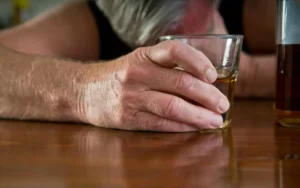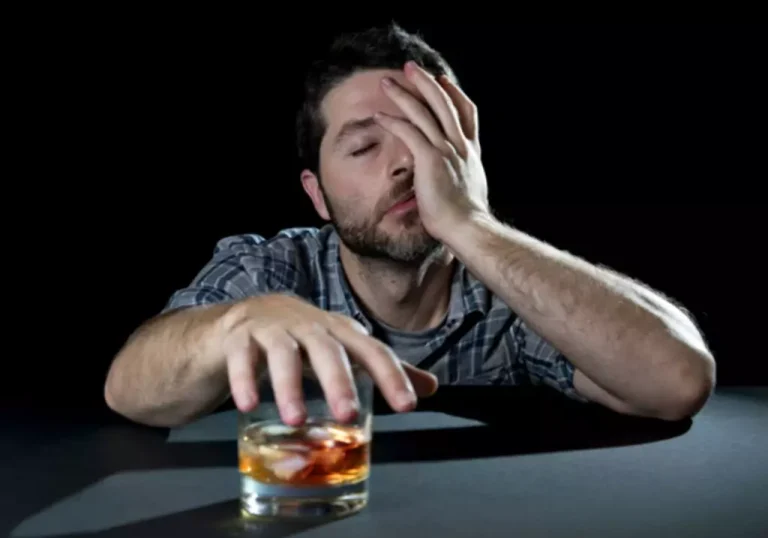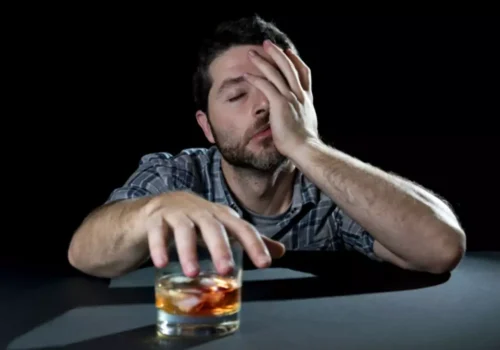Compared ounce for ounce, alcoholic drinks’ calorie count will vary. Below is a list of some of the most popular alcoholic drinks and their calorie content. Alcohol may have various effects on your health that link to weight gain. Alcohol is high in empty calories and may affect hormones that signal appetite, hunger, and stress. Some evidence suggests that sleep-deprived people eat more food and find it harder to resist tempting snacks than usual.
The Truth About Alcohol And Weight Gain
Managing alcohol intake is crucial not only for physical health but also for preserving your mental well-being. Alcohol has been shown to disrupt neurotransmitters, which can elevate the risk of anxiety, depression, impulsivity and psychosis over time, says Diaz. Chronic alcohol can liquor make you gain weight consumption can also lead to a deficiency in vitamin B1 (thiamine), potentially resulting in serious neurological disorders like Wernicke-Korsakoff syndrome, she adds. “Long-term heavy drinking may contribute to cognitive decline and increase the risk of dementia and neurodegenerative diseases, such as Alzheimer’s disease and Parkinson’s disease,” adds Andrews.
- When you stop drinking, your body may replace one habit with another, so weight loss isn’t guaranteed.
- If you’d like to prevent weight gain and still enjoy drinking, try choosing lower-calorie alcoholic beverages and manage how much alcohol you consume.
- Those messages aid in your body’s stress response and help control your energy and metabolism.
- Unfortunately, there’s not one perfect diet for reducing belly fat.
- However, although it’s possible that men who drink beer are exposed to higher levels of phytoestrogens, it’s not known how these plant compounds affect their weight or belly fat, if at all (8).
Alcohol Is High in Empty Calories
- Cocktails and mixed drinks often have more calories than beer and wine.
- Globally, 16% of adults are classified as obese, and 43% are considered overweight.
- Men are also more likely to drink beer, which is carbohydrate rich, and provides more energy than wine per standard drink 5.
- “Consuming too many calories — whether from alcohol, sugary foods or just a lot of extra food — can lead to extra belly fat,” Dr. Allan says.
- That’s because your body already has processes in place that allow it to store excess proteins, carbohydrates and fats.
This is because alcohol activates starvation mode in the brain, which is why you may suddenly catch yourself eating an entire bag of Doritos after a long night out as if your life depended on it. Alcohol is known to lower inhibitions, impairing the logical decision-making sections of your brain like the prefrontal cortex. To prevent alcohol poisoning and possible death your liver focuses all its energy on metabolizing, or breaking down, the alcohol into non-toxic components. Still, an estimated 42% of Americans are obese, and 60% of Americans say they drink alcohol. Now, not all Americans who drink alcohol are obese, and not all obese Americans drink.
Wine Headaches & 7 Ways to Prevent Them
Finally, there is also evidence to suggest that traits that predispose individuals to binge drinking may also predispose to binge eating 66. However, according to some of the studies referenced in the Traversy and Chaput article, lifestyle, rather than alcohol per se, may promote weight gain. Replacing a brisk walk with watching a game, drinking beer, and eating nachos drenched in melted cheese may promote weight gain, but the alcohol may be only one of the factors responsible. There is a great deal of variability in the methods employed in research on the effects of soft drink consumption, and some of these methodological factors have considerable effects on study outcomes.
Instead, it’s usually related to aging, as well as lifestyle and genetic factors. The initial buzz and immediate effects of alcohol may be familiar. Here’s how the long-term consequences of excessive drinking can gradually take a toll on your health. In addition to triggering telltale hangover symptoms like headache, nausea and fatigue, alcohol can also lead to dehydration, gastrointestinal discomfort, risky behavior and poor sleep, says Diaz.
Do you need to give up alcohol to lose weight?
Other studies have found such an association only in women, while finding a positive association between obesity risk and alcohol intake in men 40. This study, however, did not specify the amount of alcohol intake, and did not control for participant’s physical activity (PA) levels 40. Conversely, one study found no association between alcohol intake and increases in WC in men, but a small positive association in women 41. There have also been recent studies that have found a general positive association between alcohol intake and weight gain 42. This study, however, did not control for PA levels and only assessed alcohol intake on a yes/no scale 42. So it’s important to monitor your alcohol consumption as part of a balanced diet, regardless of whether or not you’re managing your weight.
Effects of Soft Drink Consumption on Nutrition and Health: A Systematic Review and Meta-Analysis
This procedure reduces the likelihood of aggregating effect-size estimates across heterogeneous studies. Moreover, some research designs are viewed as more powerful than others. Cross-sectional studies represent the weakest design, because such studies cannot determine causality.
- Additionally, I examine the way mental and physical health as well as our relationships with others impact the reasons people drink and their role in maintaining sobriety long-term.
- Just like eating too fast can lead to overeating, gulping down drinks may cause you to drink more.
- Instead, regular heavy drinking may lead to weight gain over time.
If you’re determined to improve your health and lose some weight, one of the most effective things you can do is cut out binge drinking. Moderate alcohol consumption shouldn’t cause any significant weight gain as long as you do everything else right. But if you aren’t able to eat right when drinking, it’ll significantly affect how you accumulate fat. This can cause you to feel tired and groggy the next day, leading to increases in stomach fat. If you’ve ever been even a little hungover, you know how challenging it is to exercise the next day.
But if you’re able to make smart choices about your alcohol diet, exercise the rest of the time, and get a good night’s sleep, drinking alcohol won’t make you put on weight. Red wine is generally a wise choice if you’re trying to lose weight. Many like having a glass or two of red wine at night to wind down, and you can still drop pounds as long as you’re eating the right foods at the correct times.





